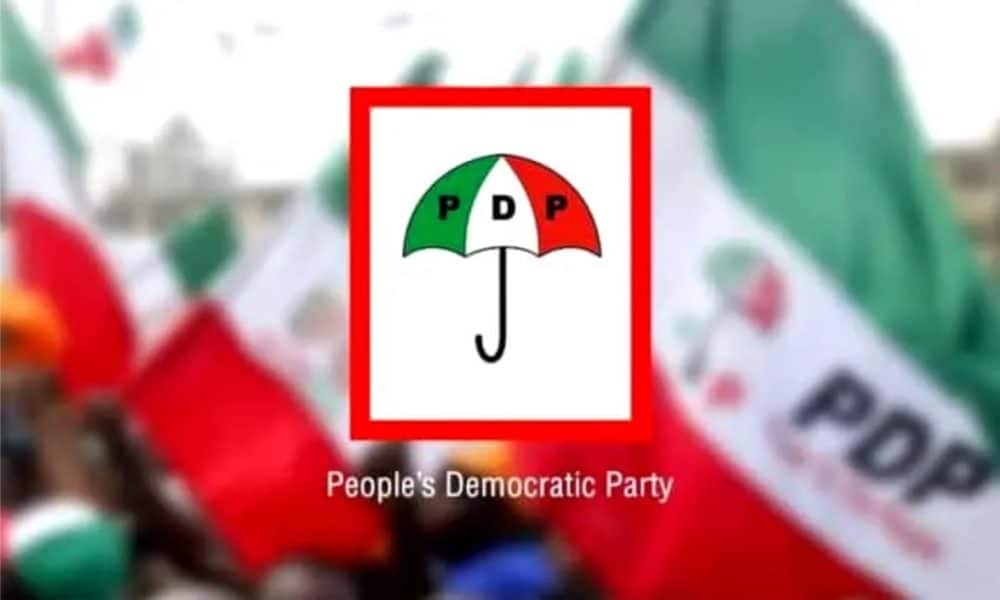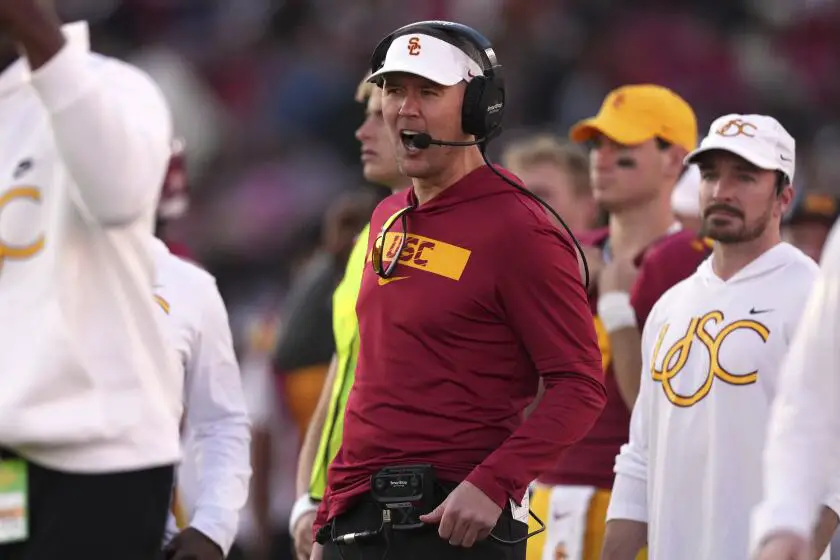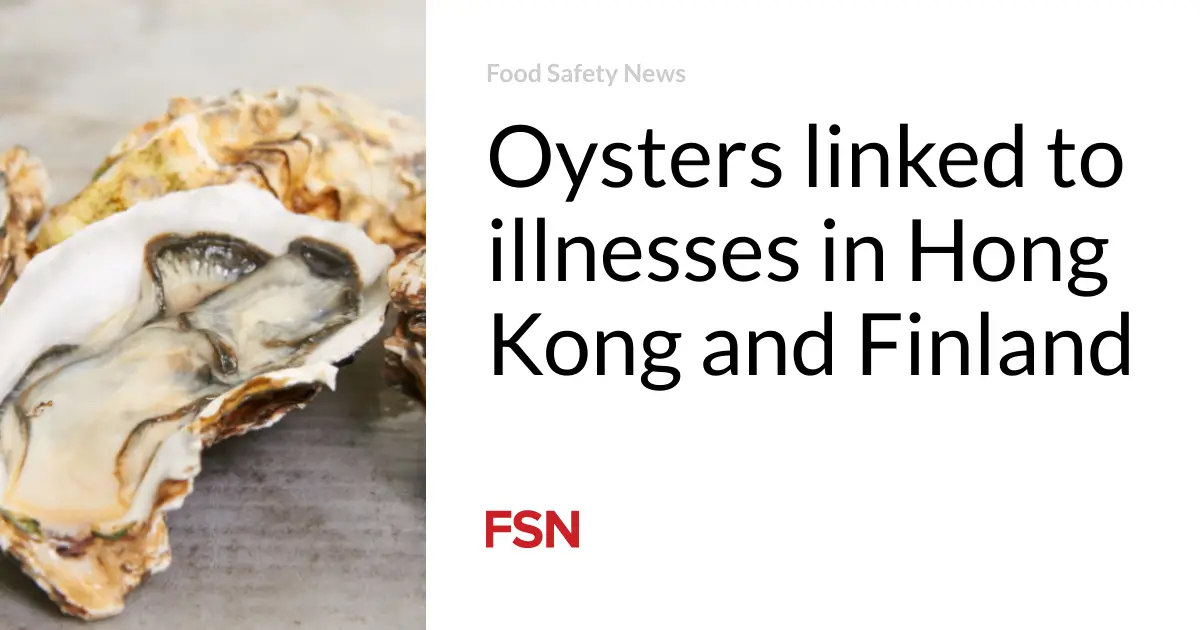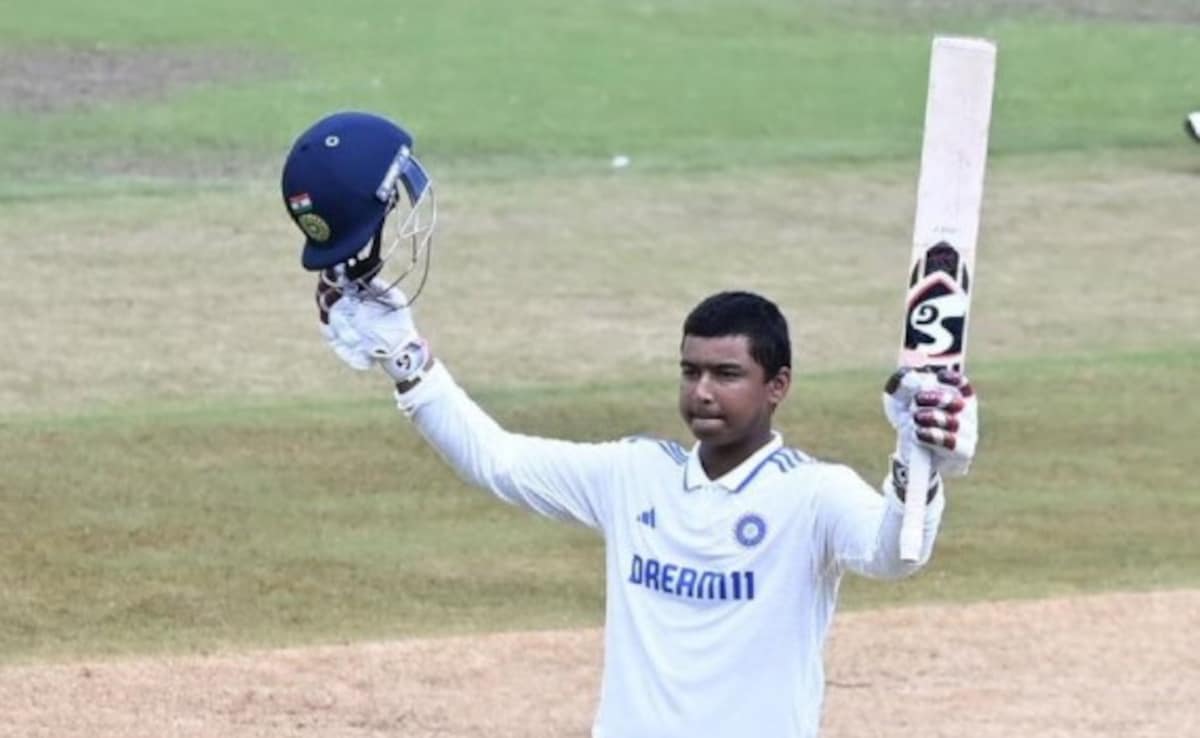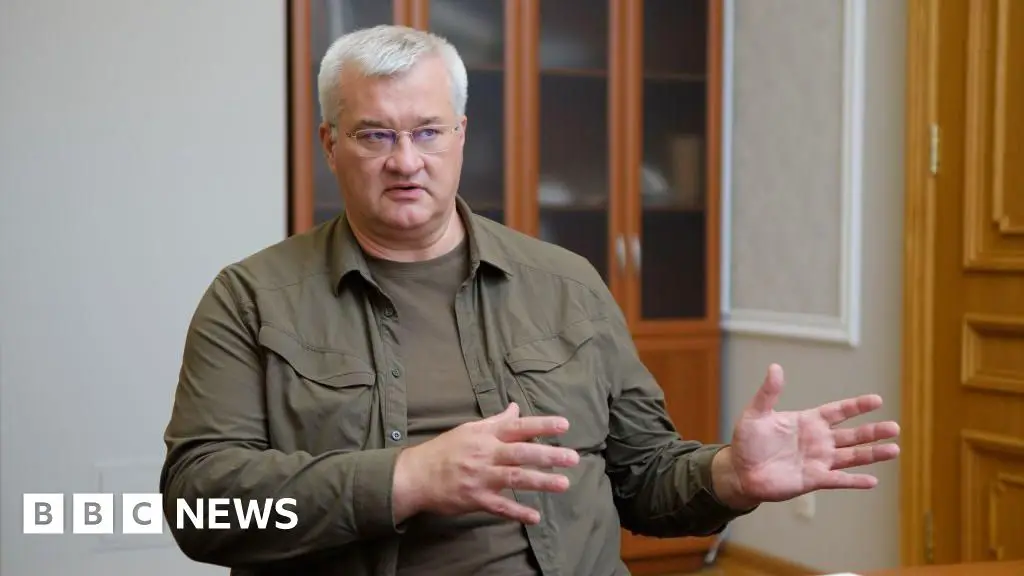
Mr Sybiha will replace Dmytro Kuleba at the foreign ministry, but his appointment is not expected to alter policy significantly. President Zelensky and his office have broadly overseen international relations from the presidential palace.
The ex-ambassador is seen by some as being closer to Andriy Yermak, the increasingly powerful presidential chief of staff. Mr Yermak was said to have clashed with Mr Kuleba.
Another key adviser to the president, Oleksiy Kuleba, has been appointed as deputy prime minister in charge of reconstruction, regions and infrastructure. He previously served as deputy head of the presidential office.
Other changes include the promotion of 38-year-old Olha Stefanyshyna. She has been reappointed as deputy prime minister in charge of European integration, while also being handed the justice portfolio.
Analysts say the move represents Ukraine’s desire to move forward with its bid for EU membership. She told MPs on Wednesday that “hundreds and thousands” of legal changes are needed before Kyiv can become a member of the bloc.
Meanwhile, Herman Smetanin, 32, has been appointed strategic industries minister in charge of domestic arms production, a key position as Kyiv’s forces face intense Russian attacks in the eastern Donetsk region, while continuing their incursion into Russia’s Kursk border province.
In a meeting with his Servant of the People Party on Wednesday, Mr Zelensky reportedly told lawmakers that the changes to his cabinet were intended to increase efficiency and re-energise his government.
Speaking to the BBC on Wednesday, MP Inna Sovsun echoed his claims, saying that the reshuffle was “the best way to bring in new people, new ideas into the government”.
But Dmytro Razumkov, a former ally of Mr Zelensky’s turned opposition MP, said the new changes would have little impact on decision-making, claiming in a Telegram post on Thursday that the “Cabinet of Ministers has not influenced anything for a long time”.
Another opposition MP, Iryna Gerashchenko, accused Mr Zelensky of “breaking parliamentary tradition” by not being present at votes to approve his new ministers.
She said that the nomination of key posts, such as that of foreign minister, were a “presidential prerogative”, adding that “always the presidents represented their candidates”.
Parliament also approved new ministers of the environment, culture and telecommunications, veterans affairs and youth and sport.
Prime Minister Denys Shmyhal welcomed the new appointments, acknowledging that they faced “difficult tasks,” but insisted that “their experience and skills will help in the implementation of our state’s strategic goals”.
In the opening months of the war, President Zelensky largely kept senior political and military figures in place. In May last year, he fired defence minister Oleksii Reznikov after a series of corruption scandals, then sacked Kyiv’s top military commander Valerii Zaluzhnyi earlier this year.
Meanwhile, a recent crackdown on corruption has seen some ministers, including agriculture chief Mykola Solskyi, detained by security services.
Under martial law, Mr Zelensky boasts considerable executive powers. With elections suspended while the war continues, and the Servant of the People Party maintaining a parliamentary majority, there is a limited check on his government, some experts say.

